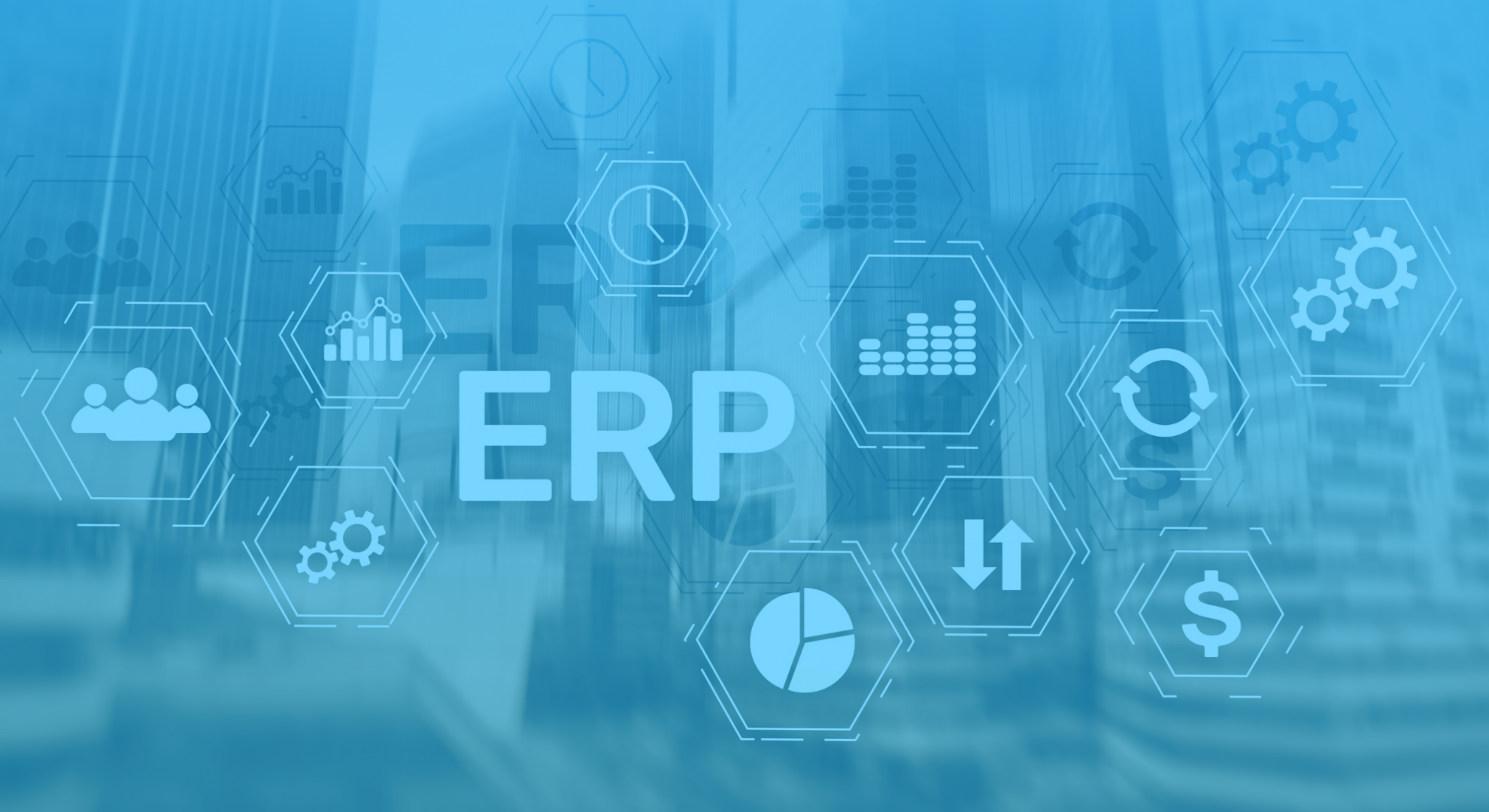In the rapidly evolving and tightly regulated realm of aviation, the need for efficiency, accuracy, and compliance is non-negotiable. As flight operations continue to evolve with advancements in technology, one critical aspect that demands unwavering attention is the security of your Enterprise Resource Planning (ERP) system. From managing flight schedules to crew assignments, maintenance records, and regulatory compliance, an ERP system lies at the heart of your aviation operations. Here’s why ensuring its security is paramount:
1. Protecting Sensitive Data
An ERP system in flight operations holds a treasure trove of sensitive data, ranging from passenger information to aircraft maintenance schedules and financial records. This data is not only critical for operational efficiency but also subject to stringent privacy and compliance regulations. A secure ERP system ensures that this valuable information remains protected from unauthorized access, cyber threats, and data breaches.
2. Mitigating Operational Risks
Flight delays, crew scheduling conflicts, maintenance oversights—these operational risks can have far-reaching consequences for corporate flight departments and charter companies. A secure ERP system plays a pivotal role in mitigating these risks by providing real-time visibility into operations, ensuring accurate data management, and enabling proactive decision-making. By safeguarding against errors, system failures, or cyberattacks, you minimize disruptions and maintain a smooth flow of operations.
3. Ensuring Regulatory Compliance
The aviation industry is governed by a web of regulations and standards set forth by aviation authorities worldwide. From safety protocols to crew certifications and maintenance requirements, adherence to these regulations is not optional—it’s mandatory. A secure ERP system streamlines compliance efforts by centralizing data, automating regulatory reporting, and providing audit trails. This not only saves time and resources but also reduces the risk of non-compliance penalties and reputational damage.

4. Enhancing Data Integrity and Accuracy
Inaccurate or incomplete data can lead to costly errors and operational inefficiencies in flight operations. A secure ERP system maintains data integrity by enforcing strict access controls, data validation rules, and encryption protocols. This ensures that only authorized personnel can modify critical information, while automated checks and balances prevent data discrepancies. The result is a reliable and trustworthy data repository that forms the foundation of informed decision-making.
5. Empowering Secure Remote Access
With the rise of remote work and mobile operations, the ability to access ERP systems from anywhere, at any time, is invaluable. A secure ERP system enables secure remote access for flight crew, ground staff, and management personnel, ensuring seamless collaboration and real-time updates. Robust authentication methods, encrypted communication channels, and VPN connections protect data transmission, even across unsecured networks.
6. Strengthening Disaster Recovery and Business Continuity
Natural disasters, cyber incidents, or system failures—these unforeseen events can disrupt flight operations within moments. A secure ERP system includes robust disaster recovery measures, such as regular data backups, off-site storage, and failover systems. This ensures that critical data remains accessible and operations can swiftly resume in the event of a crisis, safeguarding business continuity and minimizing downtime.
7. Choosing the Right ERP Solution
Selecting the right ERP solution for your flight operations is a strategic decision that directly impacts the security and success of your business. Look for ERP systems designed specifically for the aviation industry, with built-in security features such as role-based access controls, data encryption, intrusion detection systems, and regular security updates. Conduct thorough evaluations, consider scalability and customization options, and ensure that the vendor provides ongoing support and training.
Secure the Future of Your Flight Operations
In the ever-evolving landscape of aviation, the security of your ERP system is not just a consideration—it’s a necessity. By prioritizing data protection, regulatory compliance and operational efficiency, you safeguard the skies for your passengers, crew, and business alike.
At myairops, we understand the critical role of a secure ERP system in flight operations. Contact us today to learn more about our aviation-specific ERP solution and how we can help you fortify your operations for a secure and successful future.





